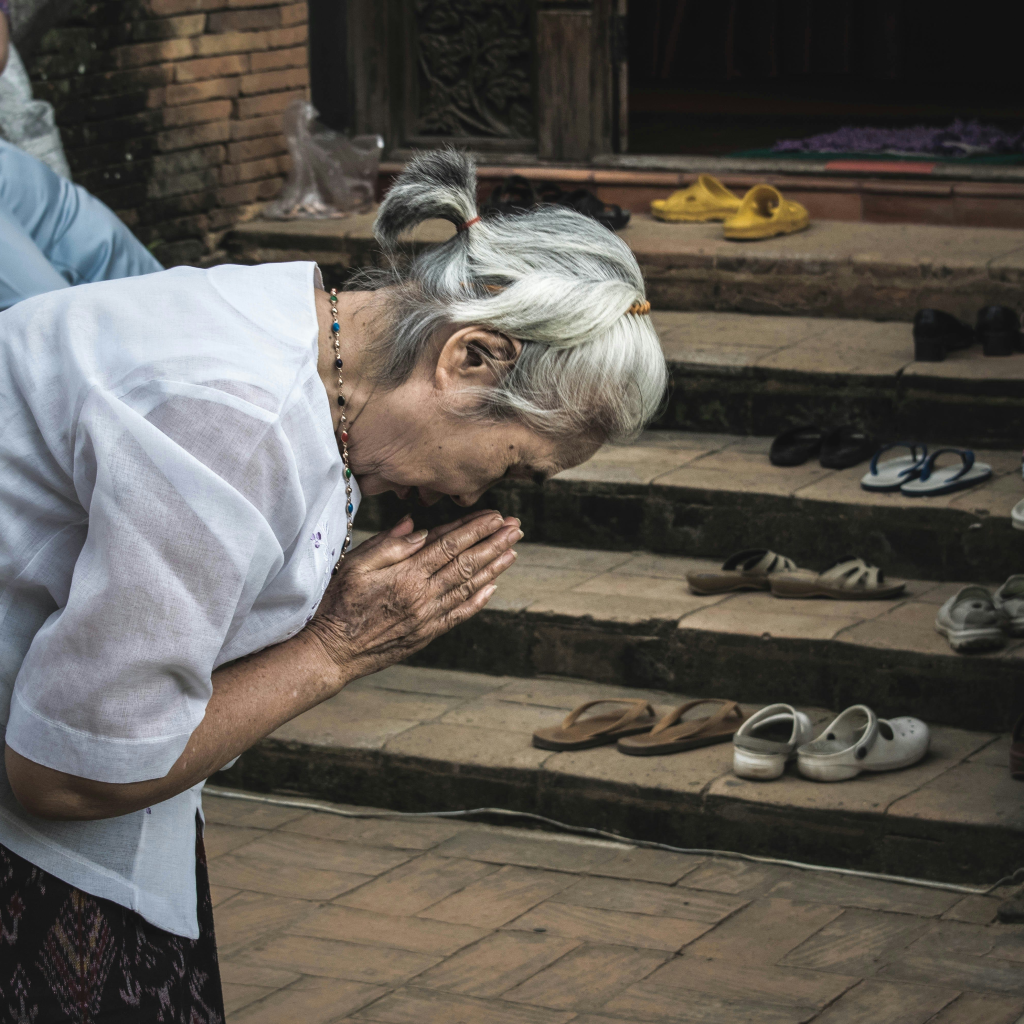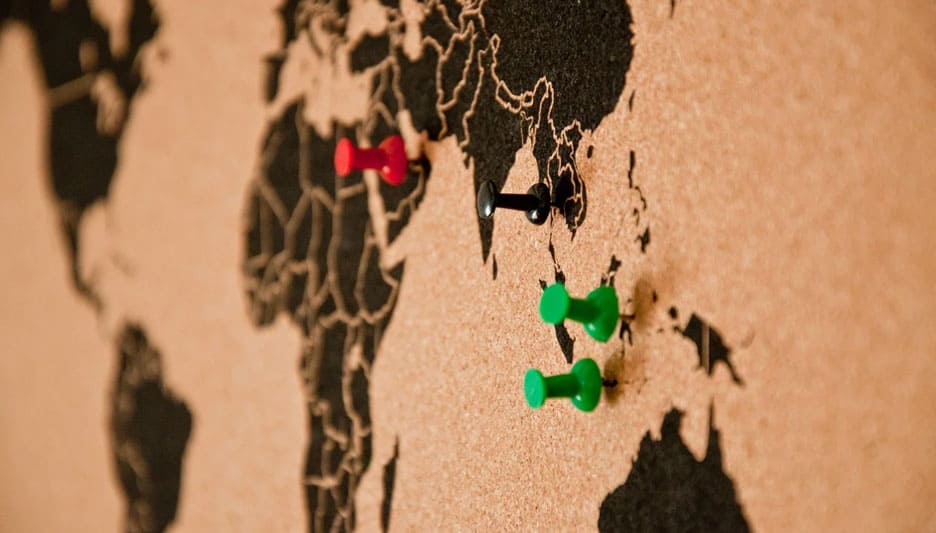Traveling internationally offers exciting opportunities to explore new cultures, cuisines, and customs. But with every destination comes its own set of unspoken rules — and sometimes, what’s considered polite in one country could be deeply offensive in another.
To help you avoid awkward or disrespectful situations, we’ve put together a quick guide on “Cultural Etiquette Around the World: What Not to Do in 10 Countries.” These insights can help you become a more thoughtful, respectful, and well-prepared traveler.
🇯🇵 Japan: Don’t Tip

In Japan, tipping is not part of the culture and can be seen as rude or confusing. High-quality service is expected as the norm, and staff may even return your tip thinking it’s a mistake.
Travel Tip: Instead of tipping, show appreciation with a polite bow and a heartfelt “arigatou gozaimasu.”
🇫🇷 France: Don’t Skip Greetings

Entering a shop or asking a question without saying “Bonjour” (hello) is considered impolite in France. The French value formalities, especially in customer interactions.
External Resource: France Diplomacy offers great insight into French cultural norms and etiquette.
🇮🇳 India: Don’t Use Your Left Hand

In Indian culture, the left hand is considered unclean, especially when it comes to eating or handing something to someone. Always use your right hand when passing items, eating, or paying.
🇹🇭 Thailand: Don’t Touch Heads

The head is considered the most sacred part of the body in Thai culture. Even casually touching someone’s head — including a child’s — is seen as highly disrespectful. Also, avoid pointing your feet at people or religious objects.
🇧🇷 Brazil: Don’t Be Too Punctual

In Brazil, arriving too early or exactly on time for a casual social event may feel awkward. It’s common to show up 15–30 minutes late to parties or dinners.
🇷🇺 Russia: Don’t Smile Without Reason

While many cultures see smiling as friendly, in Russia, smiling at strangers or for no clear reason can seem insincere or even suspicious. Russians tend to smile only when genuinely happy or amused.
🇨🇳 China: Don’t Stick Chopsticks Upright

Never stick chopsticks upright into a bowl of rice — it resembles incense used at funerals and is associated with death. Always lay them flat or on a chopstick holder when not in use.
🇸🇦 Saudi Arabia: Don’t Show Affection in Public

In Saudi Arabia, public displays of affection between couples are not socially acceptable and can result in warnings or fines. Always respect local customs related to dress and gender interaction.
🇮🇹 Italy: Don’t Modify Traditional Dishes

Italians take their cuisine seriously. Asking for ketchup on pasta or extra cheese on pizza may get you a few side-eyes. Try dishes as they’re traditionally served and trust the chef!
🇰🇪 Kenya: Don’t Ignore Elders

In many Kenyan communities, elders are highly respected. Always greet elders first, and if sharing a meal, wait for them to start eating before you begin. It’s a subtle gesture that goes a long way in building rapport.
🌍 Why Cultural Etiquette Matters

Understanding cultural norms isn’t about following rules — it’s about showing respect and curiosity for the world beyond your own. Travelers who make the effort to learn local customs are often welcomed more warmly and have richer, more meaningful experiences.
So, before your next trip, take a few minutes to research local etiquette — it’s just as important as booking your flights or choosing a hotel.
👉 For more smart travel tips, destination guides, and cultural insights, explore our Travel Blog.
By being mindful of cultural dos and don’ts, you not only avoid embarrassing faux pas — you become a better global citizen.
Let me know if you’d like this formatted for a newsletter or social media post!Attach
Search
Study
Voice
ChatGPT can make mistakes. Check important info. See Cookie Preferences.



0 Comment